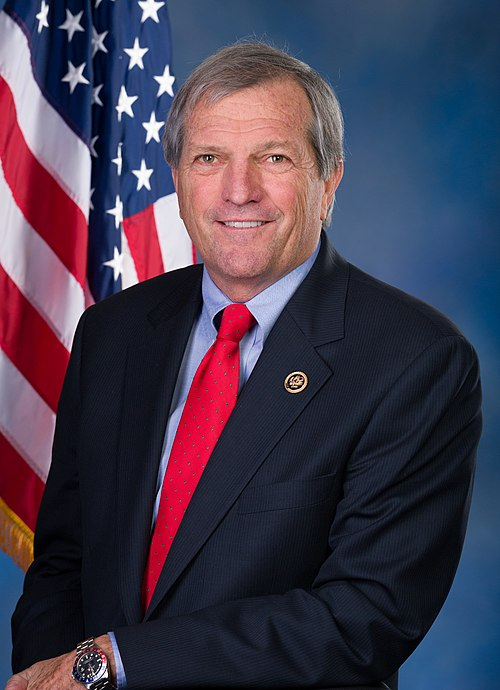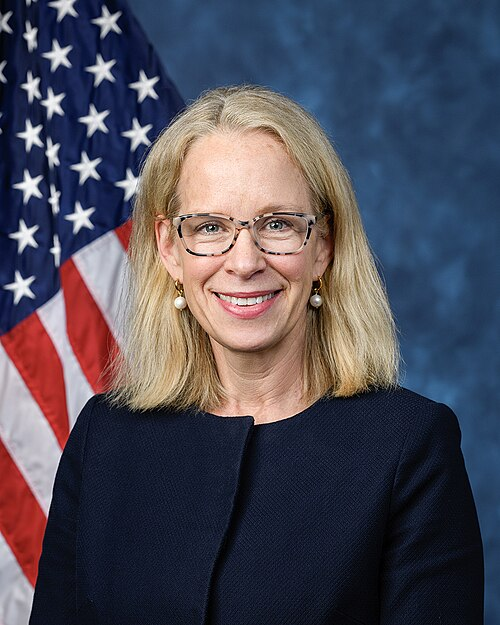H.R. 855: Housing Innovation Act
This bill, known as the Housing Innovation Act, aims to establish an Office of Housing Innovation within the Department of Housing and Urban Development (HUD) to address housing shortages and affordability issues in the United States. Here are the key components of the bill:
Creation of the Office of Housing Innovation
The bill directs the creation of an Office of Housing Innovation, which will be managed by an Assistant Secretary for Housing Innovation. This office will focus on:
- Collecting and sharing information on innovative housing practices and successful case studies.
- Administering grant programs that encourage partnerships to develop new housing solutions.
- Coordinating with other federal agencies to address workforce housing needs.
- Providing technical assistance to local governments to improve planning and policies that increase housing supply.
Grants for Local Planning Efforts
The Secretary of HUD will be authorized to provide grants to eligible localities for planning efforts aimed at improving housing supply. Eligible localities include urbanized areas as defined by the U.S. Census Bureau. Grants could be used to:
- Increase the number of housing units.
- Enhance housing affordability.
- Diversify housing options, including multifamily and new forms of housing.
- Improve commute times and reduce traffic congestion.
The maximum grant amount for local planning may not exceed $2,000,000.
Research and Pilot Projects
The bill also provides for grants aimed at encouraging partnerships for research and pilot projects. These grants will be available to local governments, academic institutions, and nonprofit organizations to explore ways to enhance housing development and community integration. Funding can support studies on:
- Improving commuting experiences.
- Accommodating students in the community.
- Facilitating home-sharing opportunities.
- Integrating business with residential neighborhoods.
- Innovative building techniques and public health improvements.
The limit for grants in this section is set at $500,000.
Grants for Educational Activities
The bill establishes a program for educational grants to partnerships that include academic institutions. These grants will support community outreach focused on housing, community development, and regional planning, with a maximum amount of $200,000 for each grant.
Federal Oversight and Funding
The bill mandates a review of the effectiveness of the grant programs after three years. It proposes a total authorization of $100,000,000 annually for HUD from 2026 to 2032 to implement the provisions of the bill, specifically allocating funds between local planning grants, research projects, and educational activities.
The funding should not reduce federal support for existing affordable housing programs.
Goals and Coordination
The overarching goals of this legislation are to diversify housing options, improve housing accessibility, and reduce community challenges related to housing shortages, such as long commutes and urban congestion.
Relevant Companies
- PHM - PulteGroup, Inc.: As a major homebuilder, PulteGroup may see opportunities for partnerships in innovative housing solutions that align with the goals of the Office of Housing Innovation.
- DHI - D.R. Horton, Inc.: Another significant player in homebuilding, D.R. Horton could be impacted positively by increased demand for affordable housing projects funded through new federal grants.
- LEN - Lennar Corporation: As one of the largest construction and homebuilding companies, Lennar may benefit from policies encouraging the diversification of housing supply as per the bill's intentions.
This is an AI-generated summary of the bill text. There may be mistakes.
Sponsors
1 sponsor
Actions
2 actions
| Date | Action |
|---|---|
| Jan. 31, 2025 | Introduced in House |
| Jan. 31, 2025 | Referred to the House Committee on Financial Services. |
Corporate Lobbying
0 companies lobbying
None found.
* Note that there can be significant delays in lobbying disclosures, and our data may be incomplete.














